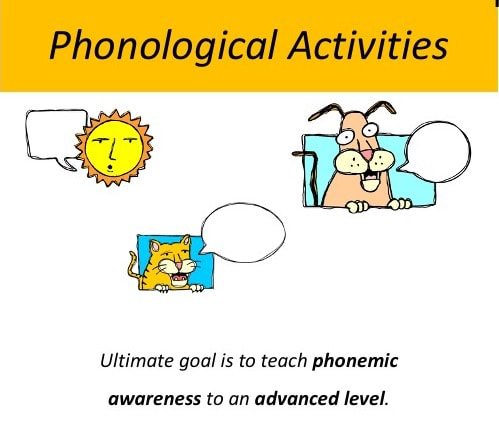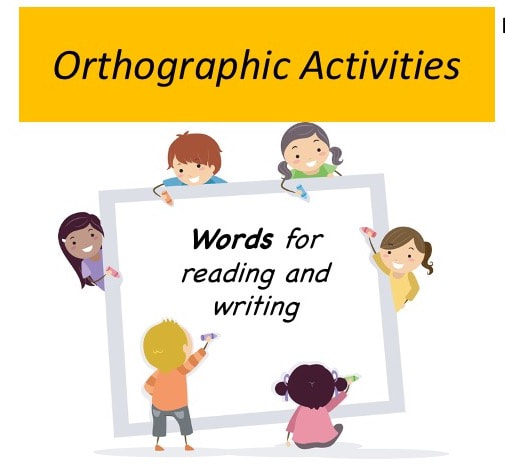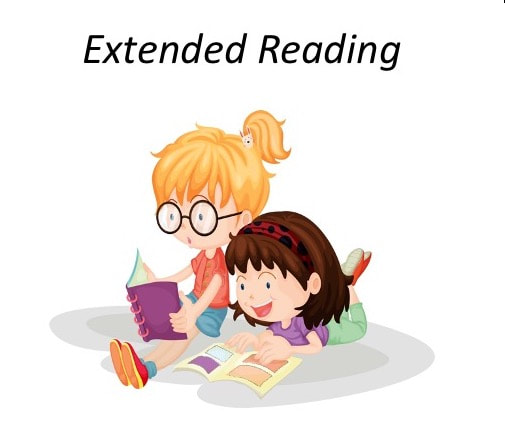|
In my worldview, everything from climate to culture arises from the interdependent nature of all things. Why should the reading process be any different? In fact, it isn’t. One of the many fascinating aspects of the act of reading is how holistic and emergent the process is. Breaking it apart helps us understand how it works but only when we consider it as a whole can we see its true nature. Kilpatrick’s Intervention Trio Reading disabilities expert David Kilpatrick references the interconnectedness of reading components in his 2015 book, The Essentials of Assessing, Preventing, and Overcoming Reading Difficulties, where he points out how all intervention approaches that lead to highly successful reading outcomes (i.e., weak readers gaining word reading skills at accelerated rates) have three things in common:
Restating Kilpatrick for the Classroom If Kilpatrick’s trio is capable of accelerating low-achieving readers to the point where they can catch their typically achieving peers, it stands to reason the trio is also capable of preventing reading difficulties from occurring in the first place. Reading researchers Barbara Foorman and Joe Torgesen say this very thing: “The components of effective reading instruction are the same whether the focus is prevention or intervention” (2001, p. 203). I have restated and slightly expanded Kilpatrick’s list into three general instructional practices. For me, they are guideposts for teaching reading in any primary grade classroom:
Residing Together If young students are to become readers, explicit and direct phonics–spelling instruction must be a daily occurrence. The same is true for opportunities to read connected text for extended amounts of time. But some students may require different content, type of instruction, and/or amount of teaching in each area. One effective way to accomplish this is to differentiate things like phonics–spelling instruction and book browsing bins, as well as the groupings, activities, and schedules associated with guided reading. This differentiation, however, should never reach the point where phonics–spelling instruction supplants guided and independent reading, leading to a situation where a group of struggling readers receives 45 minutes of phonics a day, minimal guided reading, and no time to independently read! For all students, and especially for those who struggle, phonics–spelling, guided reading, and independent reading should reside together. Citations
Comments are closed.
|
Mark WeaklandI am a teacher, literacy consultant, author, musician, nature lover, and life long learner.
|



 RSS Feed
RSS Feed